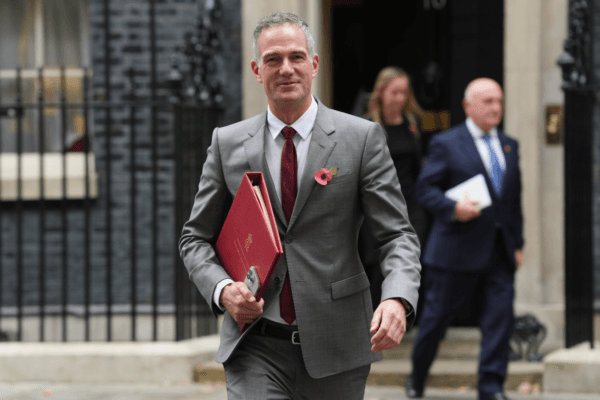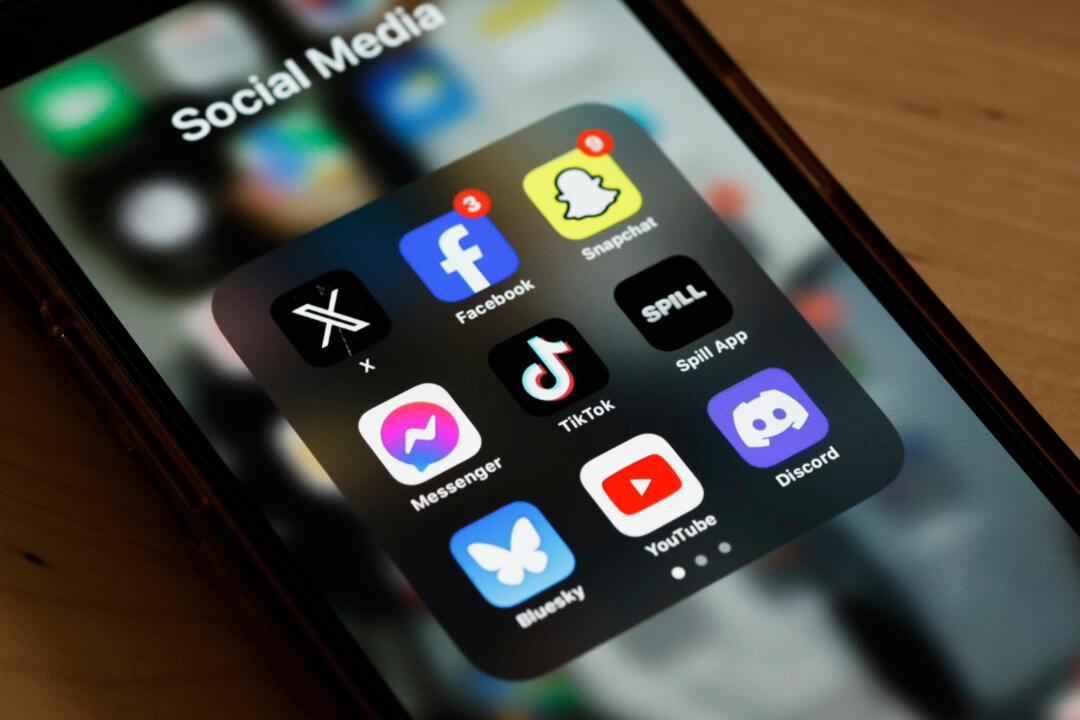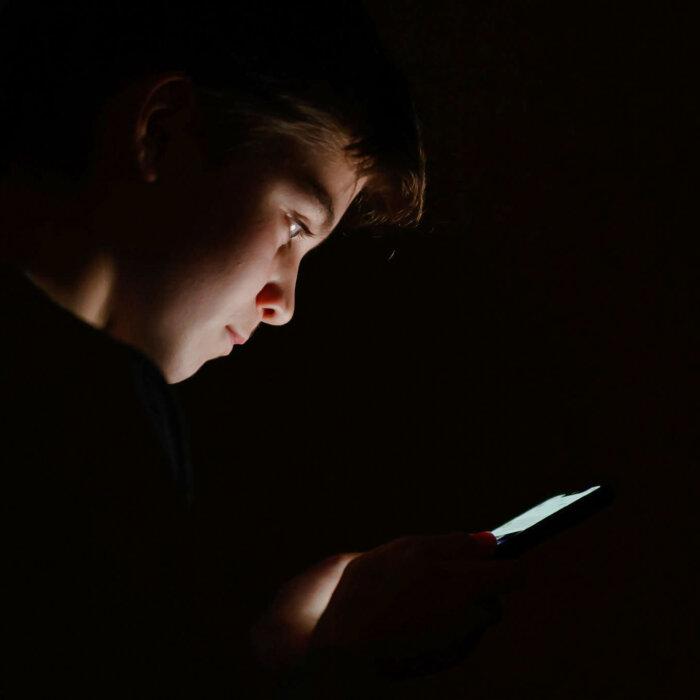The government has launched a research project looking into the impact of social media on children’s mental health, the secretary of state for science, innovation, and technology has announced.
Peter Kyle said on Wednesday that the research “will help build the evidence base we need to keep children safe online.”
The Department for Science, Innovation, and Technology (DSIT) said in a statement that the first stage of the project will look into what methods will help the government understand the impact of smartphones and social media use on children.
The announcement comes amid calls from lawmakers and children’s rights advocates for stricter controls on minors accessing social media and using mobile phones.
Resilient to ‘Disinformation’
The technology secretary also exercised new powers under the Online Safety Act for the first time, setting Ofcom five strategic priorities.DSIT said the first priority is to ensure social media platforms “embed safety by design” and are not “safe havens for illegal content and activity, including fraud, child sexual exploitation and abuse, and illegal disinformation.”
The department continued that Ofcom must push for more transparency and accountability from tech firms; foster innovation; and deliver an agile approach to innovation, “ensuring the framework is robust in monitoring and tackling emerging harms - such as AI generated content.”
The communications regulator will also be tasked with ensuring “an inclusive, informed and vibrant digital world which is resilient to potential harms, including disinformation.”
The technology secretary said: “Keeping children safe online is a priority for this government. That is why today I will be the first secretary of state to exercise the power to set out my strategic priorities.”
Social Media Ban for Children
Ahead of Kyle’s announcements, the minister said that a social media ban for under-16s was “on the table,” if tech firms did not do enough to protect children from accessing inappropriate content.
When asked if the UK could similarly increase the age threshold, the minister said: “When it comes to keeping young people safe, everything is on the table.
Addictive Phones
Among its powers, the Online Safety Act sets safety duties on social media platforms which require them to protect users—particularly children—from “harmful content.”“Its growing ubiquity amongst younger and younger children, accompanied by the rapid acceleration of the product cycle and lack of any risk assessment of harms for its use by children, means that the issues we are seeing now in our teenagers will be significantly increased in our toddlers when they reach their teen years,” the HPSS warns.







